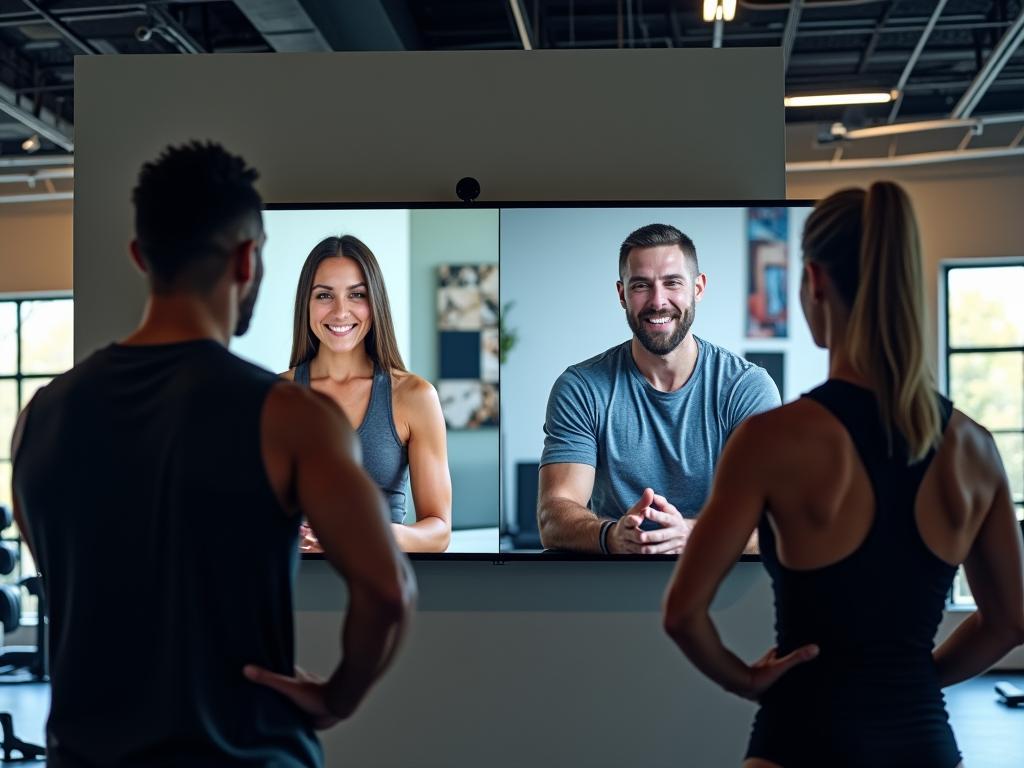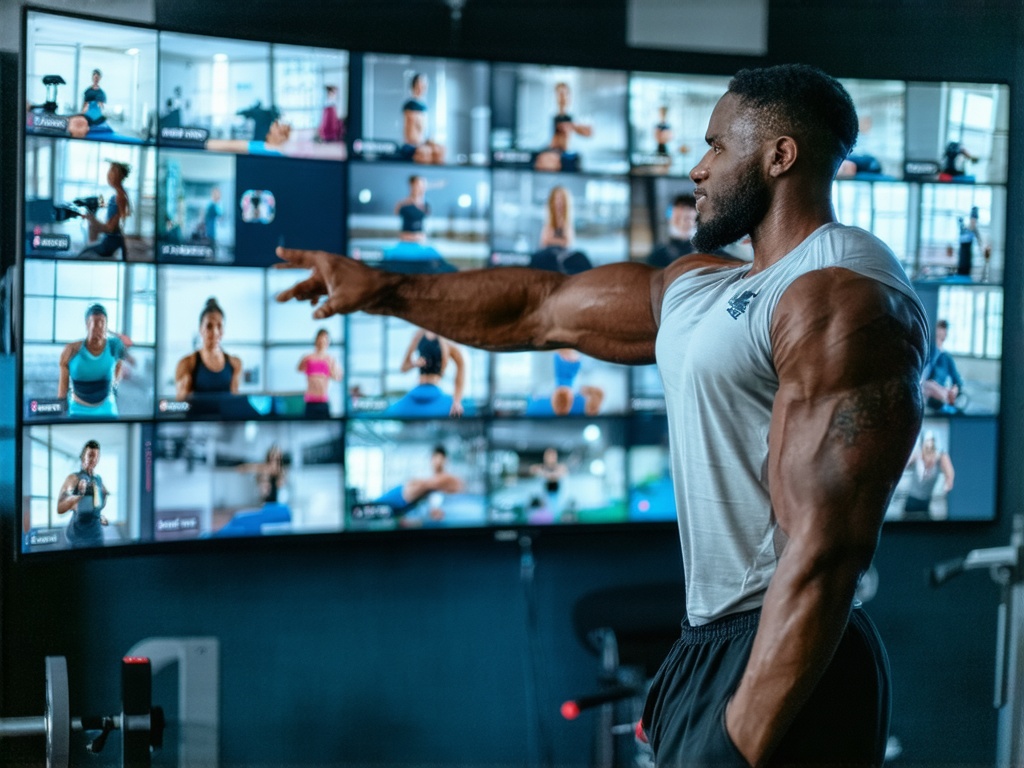Is Online Coaching the Future of Fitness: A 2025 Perspective

Introduction
The fitness industry is undergoing a remarkable transformation, driven by technological advancements and changing consumer preferences. As we navigate through 2025, online coaching has emerged as a powerful force reshaping how we approach fitness and personal training. The convergence of digital platforms, wearable technology, and personalized programming has created new opportunities for both trainers and clients. Recent coaching trends indicate a significant shift toward virtual fitness solutions, but questions remain about whether online coaching will completely replace traditional gym experiences. This comprehensive analysis explores how online coaching is changing fitness and what this means for the future of personal training.
The Evolution of Online Fitness Coaching
The landscape of personal training has fundamentally shifted with the rise of digital platforms and virtual coaching solutions. Online fitness coaching platforms availability has expanded dramatically, offering everything from one-on-one virtual sessions to AI-powered workout programs. This evolution represents more than just a temporary trend – it’s reshaping how people approach their fitness journey. What started as a necessity during global restrictions has evolved into a preferred method for many fitness enthusiasts.
For more insights into starting your fitness journey, check out our guide on [How to Start Your
Fitness Journey: A Beginner’s Guide.]
Benefits of Online Coaching for Fitness
Online fitness coaching offers unique advantages that traditional methods can’t match. The flexibility to work out on your own schedule, access to expert trainers regardless of location, and cost-effective programming make it an attractive option for many. Clients can maintain consistent communication with their coaches through apps and messaging platforms, receiving real-time feedback and adjustments to their programs. This continuous connection often leads to better accountability and results.
Online Fitness Coaching vs Traditional Coaching
When comparing online fitness coaching with traditional methods, several key differences emerge:
Traditional coaching provides hands-on form correction and immediate feedback, while online coaching relies on video analysis and detailed instruction. The effectiveness of each approach depends largely on individual preferences and goals. Many successful programs now incorporate both elements, creating a hybrid model that maximizes benefits from both worlds.
For more insights into personal training options, explore our article on [Group Classes vs.
Personal Training: Which One Is Right for You?]
Future of Personal Trainers in Online Coaching
Personal trainers are adapting to the digital landscape by developing new skills and leveraging technology. The coaching trends for personal trainers indicate a growing emphasis on digital communication, programming software, and virtual teaching techniques. Successful trainers are building global client bases and creating scalable business models that weren’t possible with traditional in-person training alone. The importance of certifications in online fitness coaching has also increased, with specialized credentials for virtual training becoming increasingly valuable.

Virtual Fitness Coaching Success Stories
The effectiveness of online coaching is best illustrated through real success stories. From busy professionals achieving their fitness goals through flexible virtual programs to individuals in remote areas accessing world-class coaching, virtual fitness coaching success stories abound.
These testimonials demonstrate how online coaching for weight loss effectiveness can match or exceed traditional methods when properly implemented.
Technology and Tools in Online Coaching
Popular tools for online fitness coaching have evolved significantly:
● Video analysis software for form checking
● Nutrition tracking apps
● Wearable technology integration
● Virtual reality workout platforms
● Client management systems
Challenges and Solutions in Online Coaching
While online fitness coaching presents numerous opportunities, it also faces unique challenges. Issues like maintaining client motivation, ensuring proper form remotely, and creating personalized experiences at scale require innovative solutions. However, continuous technological advancements and improved methodologies are addressing these challenges effectively.
Cost Analysis and Accessibility
A cost comparison of in-person and online coaching reveals significant differences in pricing structures and value proposition. Online coaching often provides more frequent contact and support at a lower price point than traditional personal training. This accessibility has opened up professional fitness guidance to a broader audience, democratizing personal training services.
Conclusion
The future of fitness clearly has a strong digital component, with online coaching playing a pivotal role in how people achieve their health and fitness goals. While traditional in-person training will likely maintain its importance, the convenience, accessibility, and effectiveness of online coaching suggest it will continue to grow and evolve. At Intenciti, we recognize this shift and are committed to providing innovative solutions that bridge the gap between virtual and traditional fitness experiences. The key to success lies not in choosing between online and traditional coaching but in finding the right balance that works for individual goals and preferences.
Frequently Asked Questions
- Is online fitness coaching as effective as in-person training?
Online coaching can be equally effective when properly structured and followed
consistently. - How much does online fitness coaching typically cost?
Costs vary widely but generally range from 800 to 3000 monthly, often providing more
frequent contact than traditional training. - What equipment do I need for online coaching?
Basic requirements include a smartphone/computer with camera, internet connection,
and any specific exercise equipment your program requires. - How do online coaches check form and technique?
Through video analysis, real-time video calls, and detailed form tutorials. - Can I get nutrition advice through online coaching?
Many online coaches include nutrition guidance as part of their services. - How often do I communicate with an online coach?
Communication frequency varies by program but typically includes daily or weekly
check-ins. - Are online coaching certifications important?
Yes, legitimate certifications are crucial for ensuring quality and safety in online
coaching.
